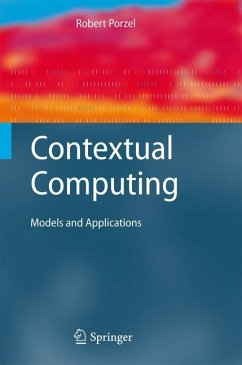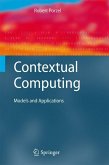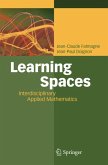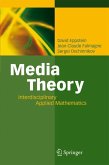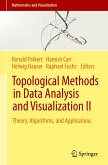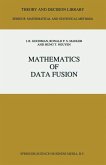Recent advances in the fields of knowledge representation, reasoning and human-computer interaction have paved the way for a novel approach to treating and handling context. The field of research presented in this book addresses the problem of contextual computing in artificial intelligence based on the state of the art in knowledge representation and human-computer interaction. The author puts forward a knowledge-based approach for employing high-level context in order to solve some persistent and challenging problems in the chosen showcase domain of natural language understanding. Specifically, the problems addressed concern the handling of noise due to speech recognition errors, semantic ambiguities, and the notorious problem of underspecification. Consequently the book examines the individual contributions of contextual composing for different types of context. Therefore, contextual information stemming from the domain at hand, prior discourse, and the specific user and real world situation are considered and integrated in a formal model that is applied and evaluated employing different multimodal mobile dialog systems.
This book is intended to meet the needs of readers from at least three fields - AI and computer science; computational linguistics; and natural language processing - as well as some computationally oriented linguists, making it a valuable resource for scientists, researchers, lecturers, language processing practitioners and professionals as well as postgraduates and some undergraduates in the aforementioned fields.
"The book addresses a problem of great and increasing technical and practical importance - the role of context in natural language processing (NLP). It considers the role of context in three important tasks: Automatic Speech Recognition,Semantic Interpretation, and Pragmatic Interpretation. Overall, the book represents a novel and insightful investigation into the potential of contextual information processing in NLP."
Jerome A Feldman, Professor of Electrical Engineering and Computer Science, UC Berkeley, USA
http://dm.tzi.de/research/contextual-computing/
This book is intended to meet the needs of readers from at least three fields - AI and computer science; computational linguistics; and natural language processing - as well as some computationally oriented linguists, making it a valuable resource for scientists, researchers, lecturers, language processing practitioners and professionals as well as postgraduates and some undergraduates in the aforementioned fields.
"The book addresses a problem of great and increasing technical and practical importance - the role of context in natural language processing (NLP). It considers the role of context in three important tasks: Automatic Speech Recognition,Semantic Interpretation, and Pragmatic Interpretation. Overall, the book represents a novel and insightful investigation into the potential of contextual information processing in NLP."
Jerome A Feldman, Professor of Electrical Engineering and Computer Science, UC Berkeley, USA
http://dm.tzi.de/research/contextual-computing/
From the reviews:
"This book begins with a literature survey of existing works on knowledge modelling and recent developments in human-computer interfaces pertaining to the issue of handling natural languages. ... Readers will find a very satisfactory model for pragmatic knowledge and the corresponding ontological design pattern presented in this book. Overall, the pace of the development is comfortable even to a novice in the area of NLP." (Weng Kin Ho, Zentralblatt MATH, Vol. 1225, 2012)
"This book begins with a literature survey of existing works on knowledge modelling and recent developments in human-computer interfaces pertaining to the issue of handling natural languages. ... Readers will find a very satisfactory model for pragmatic knowledge and the corresponding ontological design pattern presented in this book. Overall, the pace of the development is comfortable even to a novice in the area of NLP." (Weng Kin Ho, Zentralblatt MATH, Vol. 1225, 2012)

